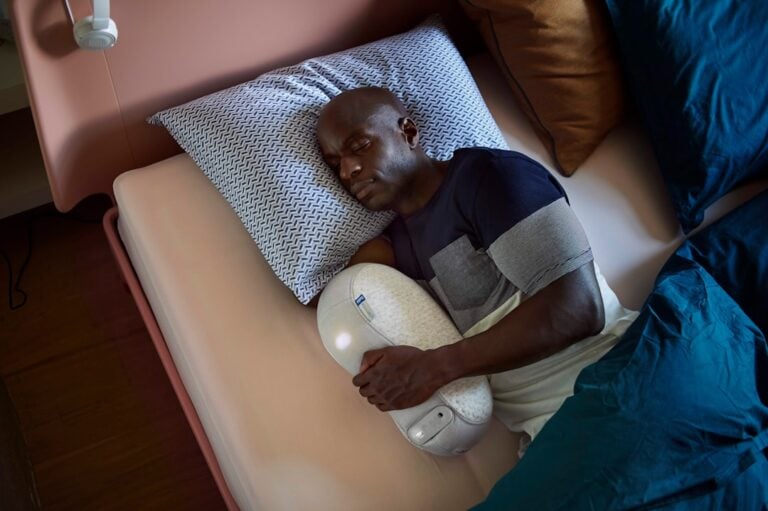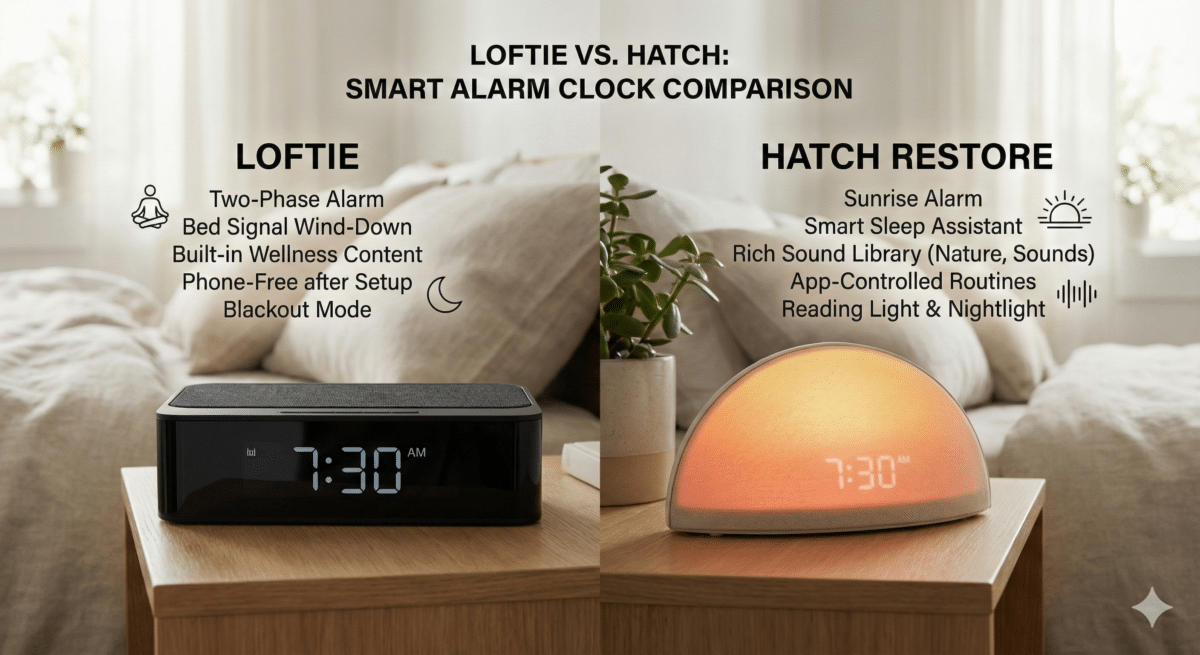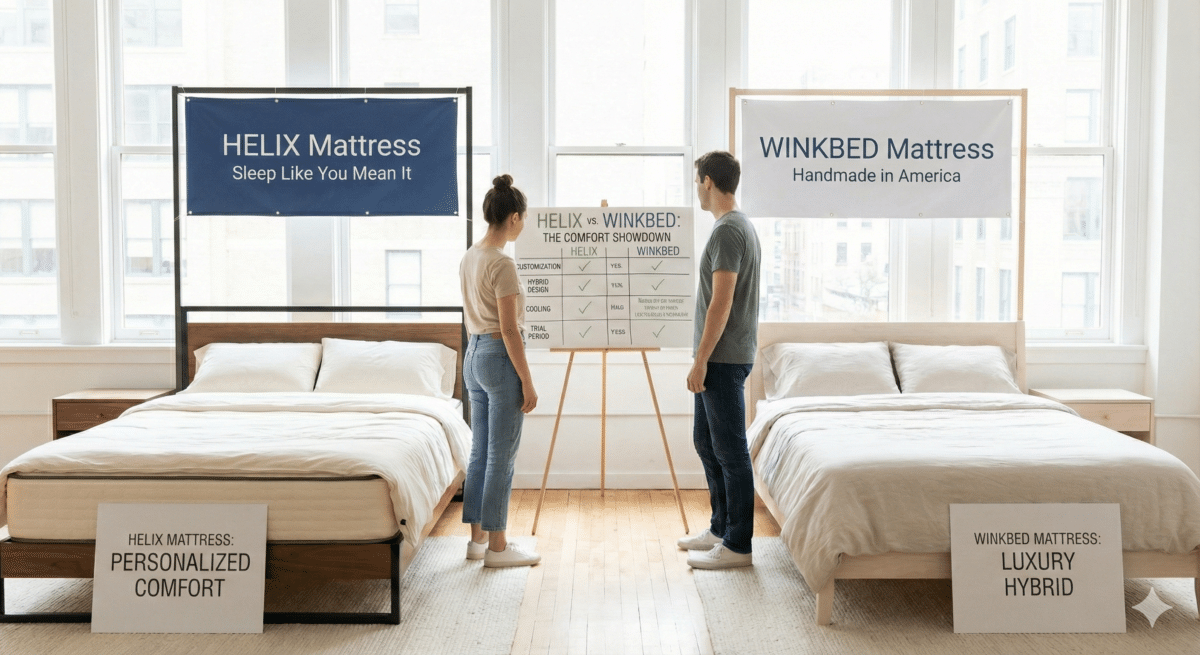The Ultimate Guide to Insomnia: What You Need to Know
Understanding Insomnia: A Brief Introduction
Insomnia is a pervasive sleep disorder characterized by difficulty falling asleep, staying asleep, or achieving restorative sleep. If you find yourself tossing and turning at night, battling the exhaustion of sleepless days, you are far from alone. Millions face similar struggles, leading to fatigue, irritability, and an inability to concentrate.
The complexities of insomnia can manifest in multiple ways:
– Difficulty in initiating sleep
– Frequent awakenings during the night
– Rising too early without the ability to return to slumber
– Daytime fatigue, heightened irritability, and concentration challenges
Quality sleep is essential for overall health. Chronic sleep deprivation can contribute to serious health issues, including heart disease and diabetes. It’s crucial to understand and address insomnia to reclaim those coveted hours of rest.
I’m Ben Trapskin, the founder of Yawnder. My battle with sleep issues and dedicated research in sleep health equip me with a profound understanding of insomnia. Together, let’s explore this common disorder and discover effective strategies to overcome it.
What is Insomnia?
Insomnia is a sleep disorder that disrupts both the initiation and maintenance of sleep, leaving individuals restless even when conditions for sleep seem ideal. Insomnia can range from acute, short-term episodes to chronic instances that last for months or longer.
Types of Insomnia
Insomnia takes various forms, each presenting unique challenges:
– Primary Insomnia: Not connected to any other medical condition, this type focuses solely on your sleep struggles.
– Secondary Insomnia: This variety is a byproduct of other health conditions such as asthma, depression, or chronic pain, or it may be influenced by medications.
– Sleep-Onset Insomnia: This reflects difficulty in falling asleep initially, often leaving one to stare at the ceiling for hours.
– Sleep-Maintenance Insomnia: Characterized by awakenings during the night with an inability to return to sleep or waking too early.
– Mixed Insomnia: A combination of both inability to fall asleep and stay asleep.
– Paradoxical Insomnia: A condition where you feel awake even when actually asleep, leading to a disconnect between perceived and actual sleep.
Symptoms of Insomnia
The impact of insomnia extends beyond restless nights, affecting daily life. Key symptoms include:
– Difficulty Falling Asleep: Frustration mounts as you lie awake for hours.
– Waking Up Too Early: Rising before dawn and unable to resume sleep.
– Daytime Sleepiness: Persistent tiredness that clouds concentration.
– Fatigue: A sense of unrelenting tiredness regardless of hours spent resting.
– Irritability and Mood Swings: Sleep deprivation can cause emotional volatility.
– Cognitive Impairment: Difficulty focusing and remembering can arise when rest is insufficient.
Understanding these symptoms is the first step towards addressing insomnia effectively. Next, we’ll delve into potential causes.
Causes of Insomnia
Insomnia can be triggered by a myriad of factors. Here are some prevalent causes:
– Stress and Anxiety: Worries about work, relationships, or finances can keep the mind racing, impeding restful sleep. Traumatic life events can also trigger insomnia.
– Depression: Often intricately linked with insomnia, the two can exacerbate each other’s effects, leading to a downward spiral of emotional and physical exhaustion.
– Poor Sleep Hygiene: Habits such as irregular sleep schedules, excessive screen time before bed, and inconsistent bedtime routines can disrupt sleep.
– Medications: Certain prescription drugs, including antidepressants and some over-the-counter medications, may induce insomnia as a side effect.
– Chronic Pain Conditions: Ongoing ailments like arthritis or back pain can hinder the ability to rest comfortably.
– Sleep Disorders: Conditions like sleep apnea and restless legs syndrome can significantly affect sleep quality.
– Hormonal Changes: Fluctuations related to menstruation, pregnancy, or menopause can disrupt sleep cycles.
Risk Factors for Insomnia
Certain demographics are more susceptible to experiencing insomnia:
– Women: Hormonal changes can significantly influence sleep patterns.
– Older Adults: Aging often brings changes to sleep architecture, increasing insomnia prevalence.
– Shift Workers: Those with irregular work schedules face challenges aligning their internal clocks with their sleep needs.
– Individuals with Mental Health Issues: Anxiety and depression frequently coincide with sleep disturbances.
– Persons with Chronic Illnesses: Long-term conditions such as diabetes and heart disease can create barriers to quality sleep.
Diagnosing Insomnia
Identifying insomnia typically involves several steps to determine the underlying causes. Here’s what you can expect during the diagnosis:
1. Health History Review: Your healthcare provider will gather information on existing medical conditions, medications, and lifestyle habits to rule out underlying causes.
2. Sleep History Assessment: Understanding your specific sleep patterns, duration of symptoms, and frequency is crucial.
3. Sleep Diary: Keeping a sleep diary for a week or two can help trace patterns and identify issues.
4. Physical Examination: A medical evaluation may uncover physical causes, like sleep apnea or restless legs syndrome.
5. Sleep Studies: In certain cases, a sleep study may be conducted to monitor comprehensive sleep data and diagnose any underlying conditions.
Treatment Options for Insomnia
Managing insomnia can involve a variety of approaches, from behavioral changes to medical interventions. Let’s break down some effective options:
Lifestyle Changes
Small modifications in daily habits can make a considerable difference:
– Consistent Sleep Schedule: Go to bed and wake up at the same time daily to strengthen your internal clock.
– Sleep-Friendly Environment: Keep your bedroom dark, quiet, and cool to encourage restful sleep.
– Limit Stimulants: Avoid caffeine and alcohol, particularly in the evening, to promote better sleep.
– Regular Exercise: Engaging in physical activity improves sleep quality—just avoid vigorous exercise close to bedtime.
Cognitive Behavioral Therapy for Insomnia (CBT-I)
Considered one of the most effective treatments for chronic insomnia, CBT-I addresses the anxious thoughts surrounding sleep while promoting healthier sleep habits. Studies consistently show its efficacy surpasses traditional medications.
Medical Interventions
– Prescription Medications: These might include sedatives and hypnotics for short-term help. Always consult with a healthcare provider about potential side effects.
– Over-the-Counter Options: Antihistamines or natural supplements like melatonin can assist sleep, but again, a consultation is critical for safety.
– Natural Remedies: Herbs such as valerian root and chamomile may provide calming effects that help improve sleep quality.
Complications of Insomnia
Untreated insomnia can precipitate serious health repercussions. Some potential complications include:
– Cardiovascular Issues: Chronic insomnia is linked to increased risk of high blood pressure and heart diseases.
– Metabolic Disorders: Sleep deprivation hampers the body’s regulation of blood sugar, heightening the risk of diabetes.
– Weight Gain: Hormonal imbalances from lack of sleep can lead to overeating and weight-related health challenges.
– Mental Health Declines: The bidirectional relationship between insomnia and depression can exacerbate both conditions.
– Increased Accident Risk: Drowsiness undermines reaction time, increasing chances of accidents on the road and in daily activities.
Understanding the potential complications emphasizes why addressing insomnia is paramount.
Preventing Insomnia
To stave off insomnia, consider these proactive strategies:
– Maintain a Consistent Sleep Schedule: Stick to set sleep and wake times, even on weekends.
– Mind Your Diet: Limit caffeine and heavy meals before bed.
– Create a Comfortable Sleep Environment: Invest in quality bedding and minimize noise and light disruptions.
– Practice Relaxation Techniques: Engage in calming activities like reading or meditative exercises before bedtime.
By implementing these practices, you can promote healthier sleep patterns and prevent insomnia.
Frequently Asked Questions about Insomnia
What are the main symptoms of insomnia?
Insomnia symptoms prominently feature difficulty with sleep initiation and maintenance, coupled with daytime fatigue and irritability.
How is insomnia diagnosed?
Diagnosis typically involves a review of sleep and health history, sleep diaries, and potentially sleep studies to identify underlying issues.
What are the best treatments for insomnia?
Effective treatments encompass lifestyle changes, CBT-I, and potentially medications, depending on individual needs.
Conclusion
In conclusion, understanding insomnia—the hurdles it presents and the myriad ways it can affect your life—empowers you to seek effective solutions. With potential consequences reaching into areas such as cardiovascular health and mental well-being, it becomes crucial to address sleep disruptions.
If insomnia plagues your nights and disrupts daily life, consider consulting a healthcare provider. They can help identify underlying causes and curate a tailored treatment plan that may include lifestyle changes, cognitive behavioral therapy, or medications.
At Yawnder, we recognize that quality sleep is foundational to overall well-being. Our range of sleep products and expert evaluations are designed to assist you in finding effective solutions for your sleep challenges.
Prioritize your sleep today—investing in restful nights can catalyze transformative improvements in daily life. As William C. Dement so powerfully stated, “Sleep is the golden chain that ties health and our bodies together.” Take action now to enhance your sleep and elevate your well-being.


















